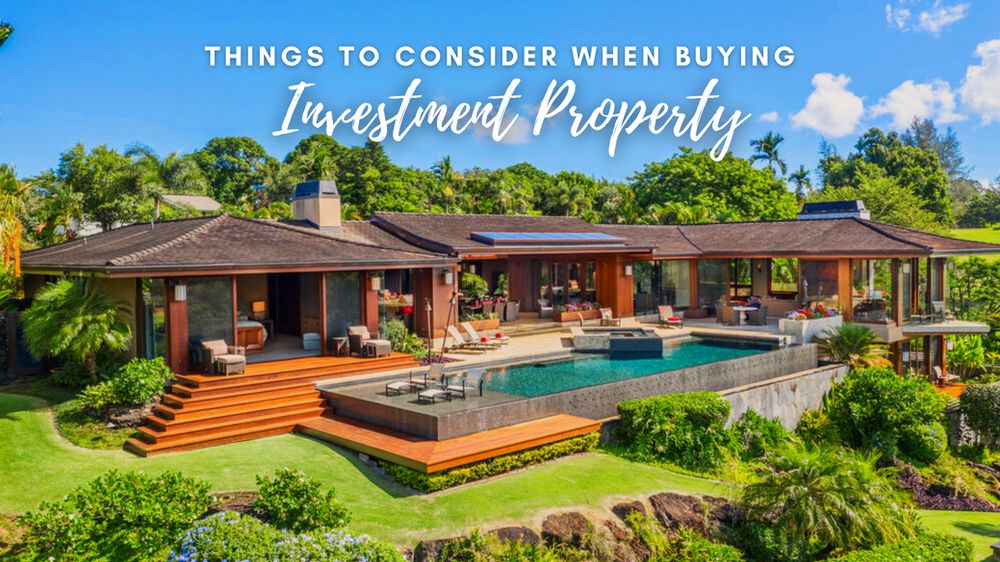
3 Things to Know Before Buying a Vacation Home

-
Do you want to be able to walk to the lake from your home?
-
Would you like to be near golf courses or ski resorts?
-
Do you want to go out for some nightlife, dining, shopping, or entertainment?
-
Are there any grocery stores?
-
Are medical facilities available?
-
Is the community friendly?
-
Is the area safe and secured from any form of threats?
The Pros and Cons of a Vacation Home
-
It’s an investment, and like your principal residence, it’ll probably appreciate in value (especially if you settle near popular areas like a beach or mountains).
-
This property will allow you to save money on a place to stay and stay for longer than you would in a holiday rental, enhancing your own vacation experience. It will also provide you with a location to invite loved ones for some R&R!
-
Make money by renting out this property during the months you aren’t there or even to other vacationers.
-
If you plan to buy a vacation home in Colorado, get help from a local commercial real estate expert to give you the best properties to choose from.

Cons of purchasing a vacation home:
-
Vacation homes are not cheap! You’ll have to pay a new mortgage, as well as property taxes, insurance, and utilities. These fees may imply less money saved for other goals, such as a college fund or retirement.
-
When you’re not there, you must consider the maintenance and security requirements. Even with today’s technology, you can watch your property from afar, but what will you do in the event of an emergency if your vacation house is far distant from your regular residence?
-
Will you become bored with the scenery? This is why it’s critical to avoid making an emotional judgment when buying a vacation home. Do you think you’ll be wishing for a change of scenery in a few years? Will you refrain from taking vacations somewhere else?










